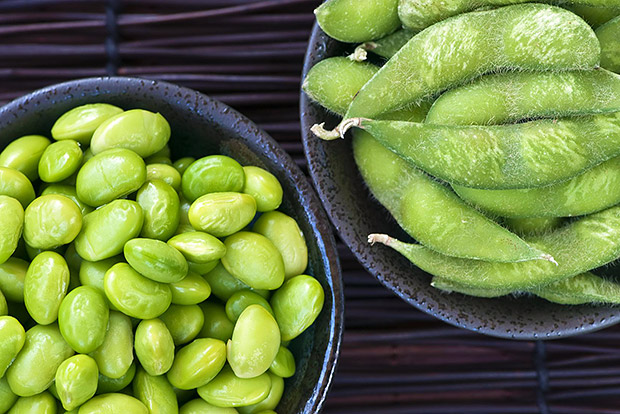
Lean protein foods are rich in protein and limited in less healthy nutrients, such as saturated fat and dietary cholesterol. Some lean protein sources also contain beneficial plant chemicals, vitamins, minerals, and dietary fiber.
How much lean protein should I eat?
Protein should account for 10 to 35 percent of total daily calories. That’s 50 to 175 grams per day for an adult on a 2,000-calorie diet. To control total calories, saturated fat, sodium, and cholesterol intake, choose lean protein sources over foods such as high-fat dairy and processed or fatty cuts of meat.
What are good sources of lean protein?
Seek out nutrient-dense foods that are low in unhealthy fats and provide valuable vitamins and minerals. Below are both animal and plant-based foods that are good sources of lean protein.
- Poultry (white meat) is lower in calories and saturated fat than many other meats.
- Fish is rich in heart-healthy fats.
- Low-fat milk and yogurt contain calcium.
- Egg whites provide protein with very little fat.
- Beans and lentils contain dietary fiber and plant nutrients that fight disease.
- Peas provide dietary fiber.
- Soy foods (edamame, tofu) are low in unhealthy fat.
- Mushrooms are low in calories and can contain vitamin D.
- Nuts and nut butters contain heart-healthy fats.
- Seeds supply vitamins and minerals.
Additional Reading



 3 Healthy Lunches for Your Work Week
3 Healthy Lunches for Your Work Week
 5 Tips for Stretching Your Budget for Healthy Food
5 Tips for Stretching Your Budget for Healthy Food
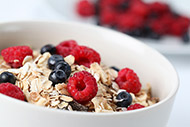 Best Ways to Reduce Added Sugar
Best Ways to Reduce Added Sugar
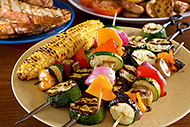 Healthy Tips to Lighten Up Picnic Foods
Healthy Tips to Lighten Up Picnic Foods
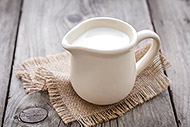 Do You Need to Drink Milk?
Do You Need to Drink Milk?
 Tips to Keep Track of Water Intake
Tips to Keep Track of Water Intake
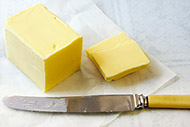 Butter vs. Margarine: What’s the Best Choice?
Butter vs. Margarine: What’s the Best Choice?
 Find Your Healthy Eating Style
Find Your Healthy Eating Style

 Pinterest
Pinterest RSS Feed
RSS Feed